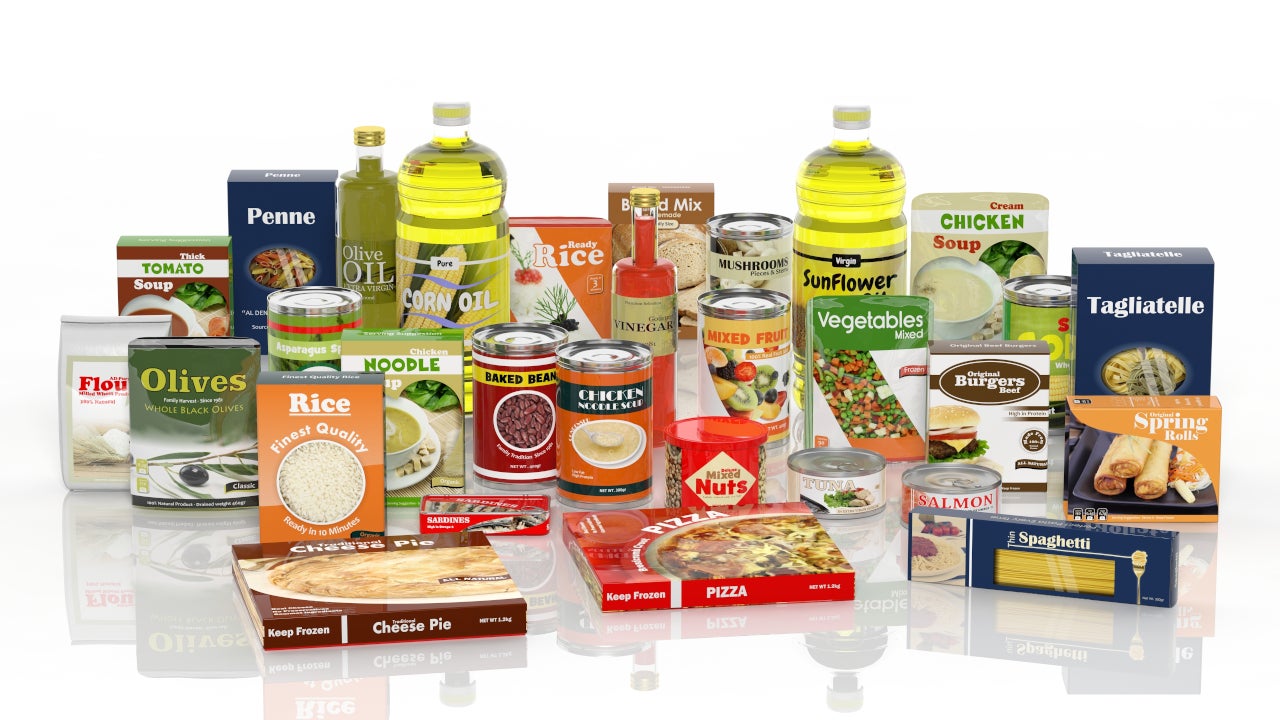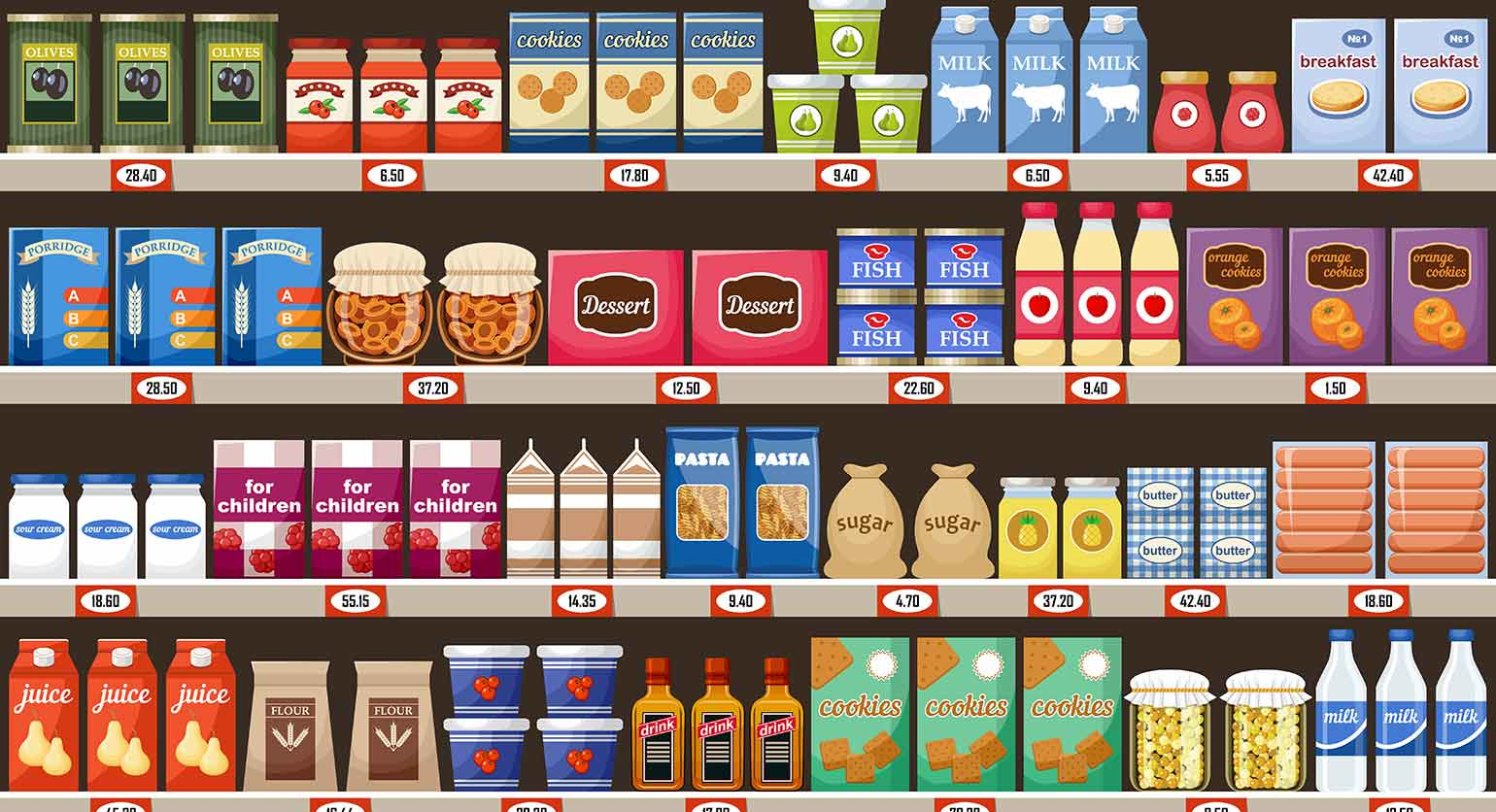Introduction
In the very regulated food market, agreement manufacturers play a vital duty in bringing items to market. These companies specialize in producing and packaging food on behalf of other companies, permitting brands to concentrate on marketing and also circulation. However, agreement suppliers must navigate a complex landscape of food labeling requirements to guarantee conformity with Australian laws. This post gives insights and also advice for contract producers running in Australia, covering topics such as contract food manufacturing, food safety requirements, labeling needs, and more.
Contract Food Manufacturing: Meeting the Need for Outsourcing
Contract food manufacturing has actually come to be progressively popular recently as organizations aim to outsource their production needs. This setup allows companies to take advantage of the competence and sources of specialized manufacturers while concentrating on their core competencies. In Australia, contract food manufacturing is a thriving market, with companies providing a wide range of services, consisting of product advancement, formula, packaging, and top quality control.
Understanding Food Safety Criteria in Australia
Food safety and security is of vital importance in the agreement manufacturing market. Agreement makers need to stick to strict guidelines to make sure the safety as well as stability of the products they generate. In Australia, these requirements are set by Food Specification Australia New Zealand (FSANZ) and also implemented by state as well as territory regulatory authorities.
The Great Production Practices (GMP) guidelines offer a framework for ensuring that food are produced consistently and fulfill quality requirements. Contract manufacturers need to carry out robust quality assurance systems to follow GMP needs. This entails establishing treatments for active ingredient sourcing, production procedures, storage, handling, packaging, labeling, and also distribution.
Meeting Identifying Needs: Trick Considerations
Accurate and also useful labeling is vital for guaranteeing customer safety and security and advertising openness in the market. Agreement makers contract food manufacturing australia must familiarize themselves with Australian labeling demands to avoid costly blunders or possible lawful problems. Below are some vital factors to consider when it concerns food labeling in Australia:

1. Necessary Label Information
Australian food labeling legislations require specific info to be displayed on product tags. This includes the item name, active ingredients checklist, irritant details, dietary details, and country of origin. Contract producers should make sure that all mandatory tag information is exact as well as clearly legible.
2. Allergen Management
Allergen administration is a vital facet of food labeling in Australia. Contract makers need to have durable systems in position to stop cross-contamination and properly proclaim the presence of irritants on product labels. This entails carrying out thorough danger evaluations, carrying out partition measures, and also on a regular basis testing for allergen traces.

3. Nutritional Information
Nutritional details is a vital factor to consider for consumers when making investing in decisions. Australian food labeling regulations call for agreement suppliers to provide accurate and also standard dietary info on their products. This includes the power worth (calories), protein content, fat content, carbohydrate content, and any kind of other appropriate nutrient information.
4. Native Land Labeling
Country of origin labeling is another demand that contract producers need to follow in Australia. This includes clearly showing the nation or countries where the item was made or grown. The Australian Competition and also Customer Payment (ACCC) supplies guidelines on how to fulfill country of origin labeling requirements.
5. Health Claims and also Marketing Messages
Contract producers ought to also recognize the policies bordering health and wellness cases as well as advertising and marketing messages on food tags. In Australia, any kind of insurance claims made about the wellness advantages or properties of a product must be supported by scientific evidence and also follow specific regulations established by FSANZ.
FAQs: Common Questions Regarding Food Labeling Demands in Australia
What are the repercussions of non-compliance with food labeling needs in Australia? Non-compliance with food labeling needs can lead to legal charges, consisting of penalties or item recalls. It can also damage a brand name's credibility as well as erode consumer trust.

Are there specific labeling demands for organic food products in Australia? Yes, health food items have additional labeling demands in Australia. They must be accredited by an identified organic certifier and also display the appropriate certification logo.
Can contract makers aid with item development and formula? Yes, lots of agreement suppliers use item advancement and formula solutions. They can aid in creating customized formulas that satisfy details dietary or nutritional requirements.
What is the role of contract makers in making certain food security? Agreement makers are responsible for implementing robust food security systems, including GMP guidelines, to make sure the security as well as integrity of the products they produce.
Are there any exceptions to food labeling demands for local business? Small companies may be eligible for sure exceptions or streamlined labeling requirements. Nevertheless, it is important to talk to governing authorities or seek legal guidance to identify eligibility.
How can acquire suppliers stay upgraded on modifications to food labeling regulations? Agreement suppliers ought to regularly monitor updates from FSANZ and other governing bodies. They can also engage with sector associations as well as participate in pertinent seminars or workshops to remain informed.
Conclusion
Navigating food labeling requirements in Australia is a complex job for agreement suppliers. Conformity with laws is important to make certain customer safety and security and also preserve count on the marketplace. By comprehending the key considerations outlined in this article, contract producers can browse the governing landscape successfully while delivering high-grade items that meet market standards. Partnering with skilled professionals who focus on food labeling and conformity can further boost a contract manufacturer's capability to meet these requirements successfully.